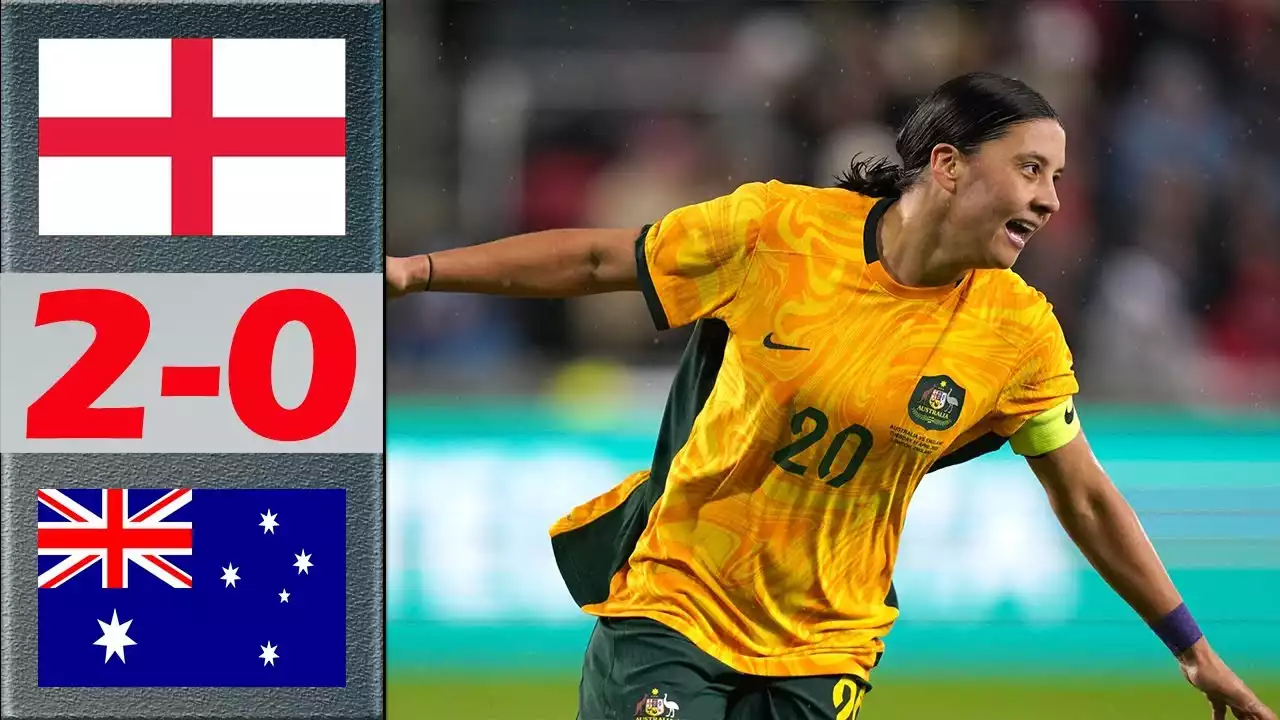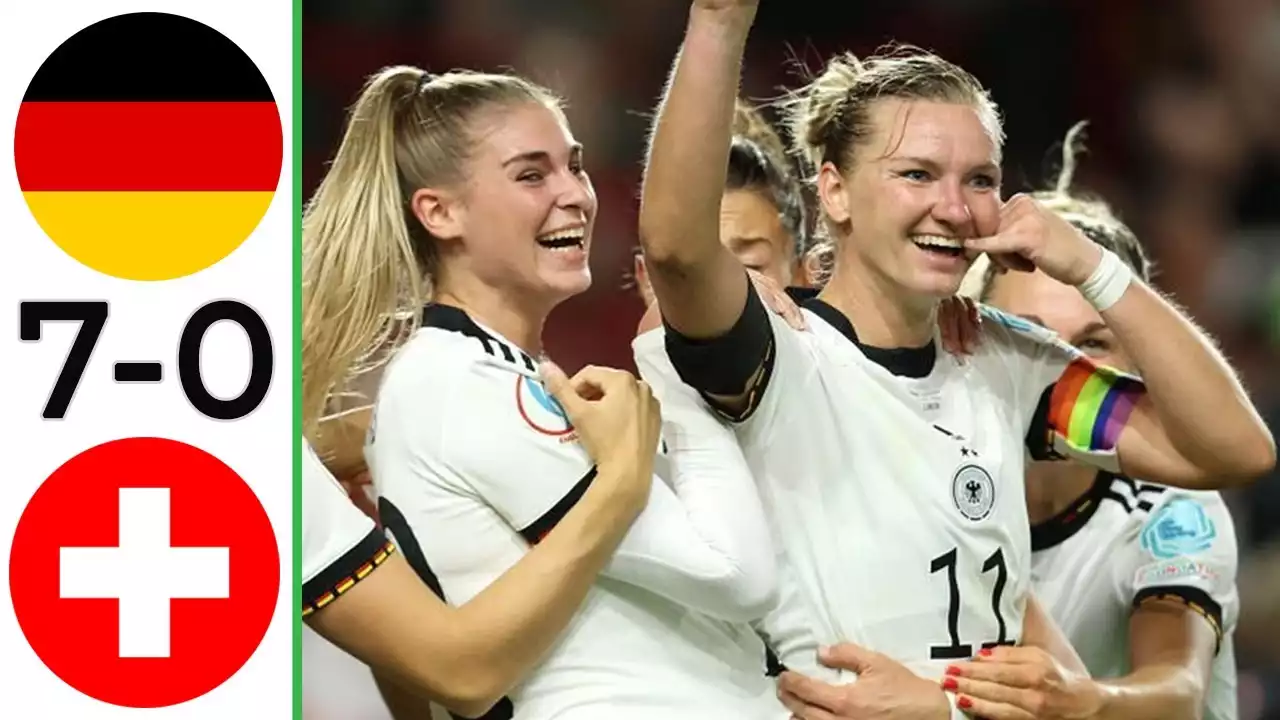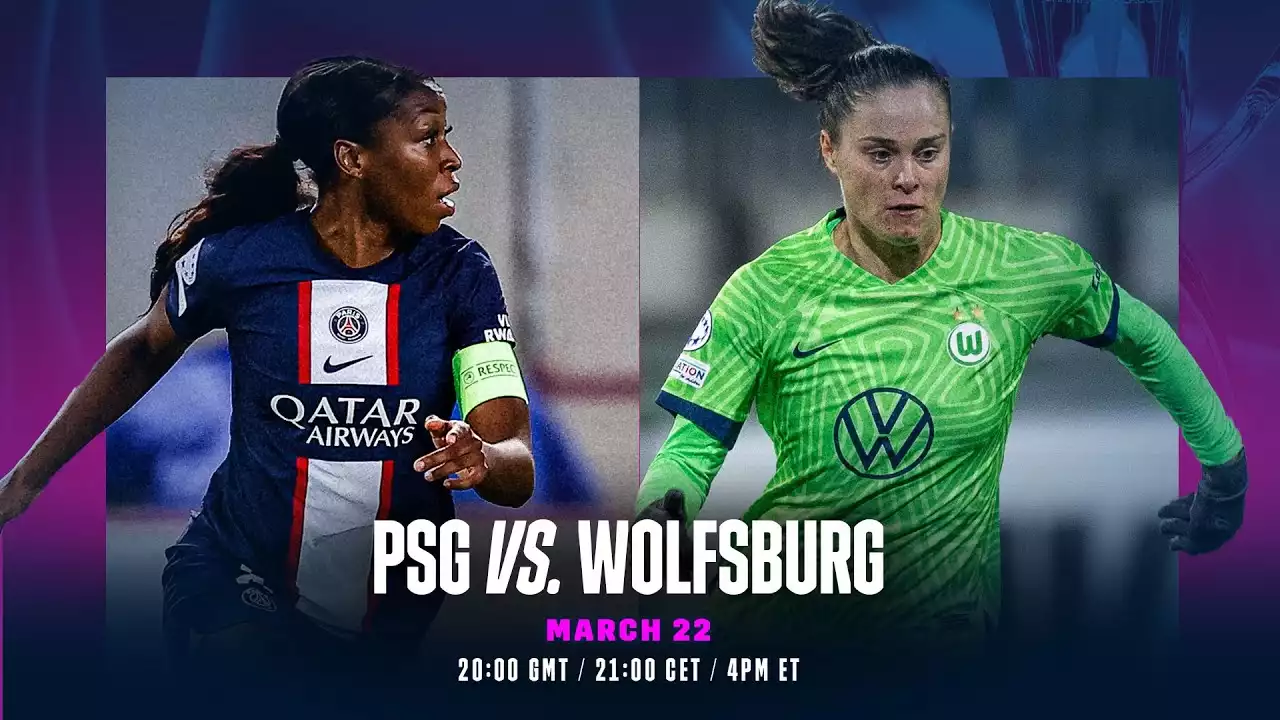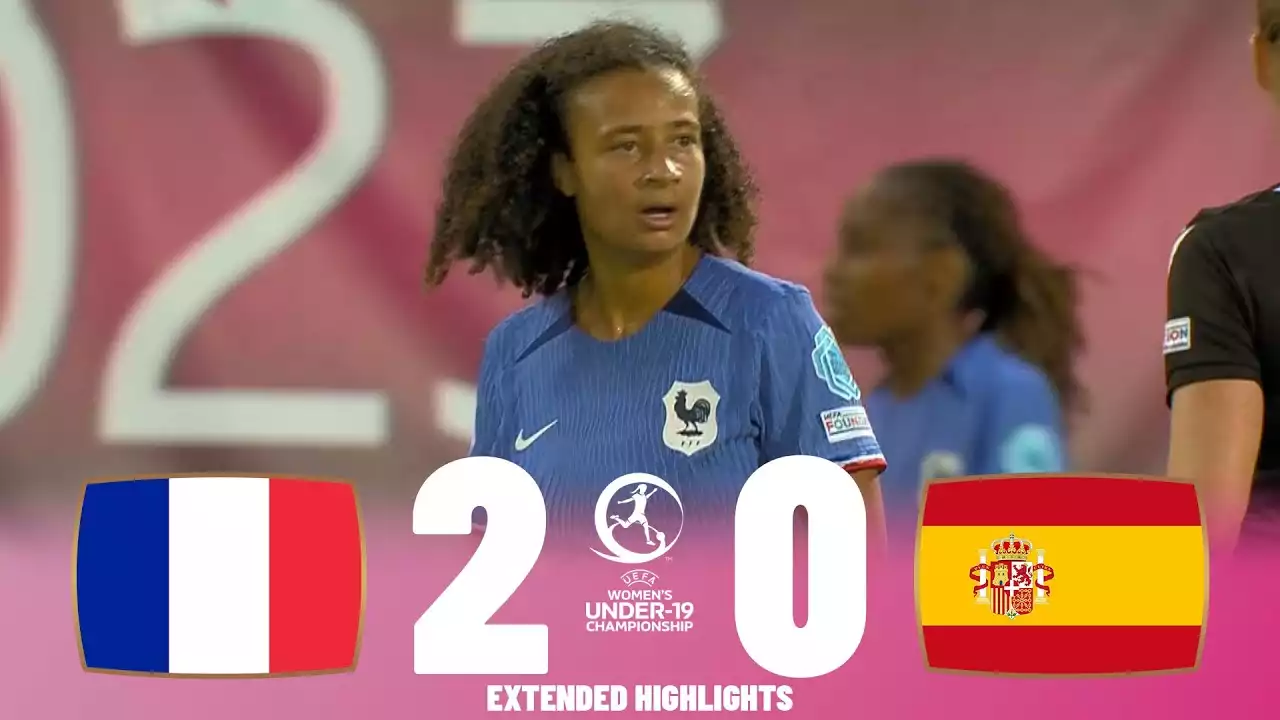Overview of the most dominant teams
The UEFA European Women's Championship has provided a platform for several dominant teams to showcase their prowess on the field. These teams have not only clinched multiple titles but have also displayed an unwavering dominance over their opponents. Let's take a closer look at the five most dominant teams in the tournament's history.
Team 1: Germany
When it comes to dominance in the UEFA Women's Championship, few teams can compare to Germany. The German side has secured an astonishing eight European titles, establishing themselves as the undisputed queens of European women's football. With a perfect blend of skill, tactical acumen, and sheer determination, Germany has consistently outclassed their opponents and left an indelible mark on the tournament.
Led by iconic players such as Birgit Prinz, Steffi Jones, and Célia Šašić, Germany's dominance has been characterized by their relentless attacking prowess and solid defensive organization. Their ability to control possession, exploit spaces, and convert opportunities into goals has set them apart from their competitors. With a strong emphasis on teamwork and a winning mentality, Germany has become synonymous with success in the UEFA European Women's Championship.
Team 2: Norway
Norway is another team that has left an indelible mark on the UEFA European Women's Championship. With two European titles to their name, Norway's dominance was particularly evident in the late 1980s and early 1990s. Led by legendary players such as Heidi Støre and Ann Kristin Aarønes, Norway's success was built on a strong defensive foundation and a clinical counter-attacking style of play.
Norway's ability to soak up pressure and hit their opponents on the break was a hallmark of their dominance. Their physicality, tenacity, and ability to exploit spaces with their pace and precision made them a formidable force to be reckoned with. Norway's success not only inspired a whole generation of Norwegian footballers but also raised the bar for women's football across Europe.
Team 3: Sweden
Sweden has consistently been one of the most dominant teams in the UEFA European Women's Championship. With a rich history of success, including a European title in 1984, Sweden's dominance can be attributed to their technical prowess, tactical flexibility, and strong team spirit. Led by influential players such as Hanna Ljungberg and Victoria Sandell Svensson, Sweden has always been a force to be reckoned with.
What sets Sweden apart is their ability to adapt to different playing styles and execute their game plan with precision. Whether it's their quick passing, intelligent movement off the ball, or their ability to press high and win back possession, Sweden's dominance is a testament to their well-rounded approach to the game. With a strong emphasis on teamwork and a never-say-die attitude, Sweden has consistently challenged the best teams in Europe and left their mark on the tournament.
Team 4: England
England's rise to dominance in the UEFA European Women's Championship has been nothing short of remarkable. With a history of underachievement in the tournament, England's breakthrough came in 2009 when they reached the final, signaling their intent to become a dominant force. Since then, England has consistently been a top contender, reaching the semifinals in 2017 and securing a runner-up finish in 2022.
Led by inspirational players such as Kelly Smith and Lucy Bronze, England's dominance is characterized by their attacking flair and resolute defending. Their ability to combine technical ability with physicality has made them a formidable opponent for any team. England's success has not only elevated the profile of women's football in the country but has also inspired a new generation of players to aim for greatness.
Team 5: Netherlands
The Netherlands has emerged as a dominant force in recent years, capturing the hearts of football fans around the world. With their attacking prowess, technical finesse, and tactical astuteness, the Dutch side has become a force to be reckoned with in the UEFA European Women's Championship. Their crowning moment came in 2017 when they clinched their first-ever European title, announcing their arrival on the grandest stage.
Led by influential players such as Lieke Martens and Vivianne Miedema, the Netherlands' dominance is characterized by their possession-based style of play and their ability to break down stubborn defenses. Their fluidity in attack, combined with their solid defensive organization, has set them apart from their competitors. The Netherlands' success has not only inspired a nation but has also raised the bar for women's football across Europe.
Key players and memorable moments
These dominant teams have been blessed with exceptional talents who have left an indelible mark on the UEFA European Women's Championship. From the likes of Birgit Prinz and Kelly Smith to Lieke Martens and Vivianne Miedema, these players have not only showcased their individual brilliance but have also played a pivotal role in their team's success.
Memorable moments have also defined the dominance of these teams. Whether it's Germany's emphatic 6-2 victory over Norway in the 1995 final or the Netherlands' thrilling 4-2 triumph against Denmark in the 2017 final, these moments will forever be etched in the annals of the tournament's history. It is these moments that highlight the sheer dominance and excellence displayed by these teams.
Impact of the dominant teams on women's football
The dominance of these teams has had a profound impact on the growth and development of women's football across Europe. Their success has not only inspired a new generation of players but has also raised the profile of the sport. The dominance of teams like Germany, Norway, Sweden, England, and the Netherlands has set the benchmark for excellence and has pushed other nations to strive for greatness.
Furthermore, the success of these teams has also attracted increased investment and support for women's football. From improved infrastructure to increased media coverage, the dominance of these teams has contributed to the overall development and professionalization of the sport.










